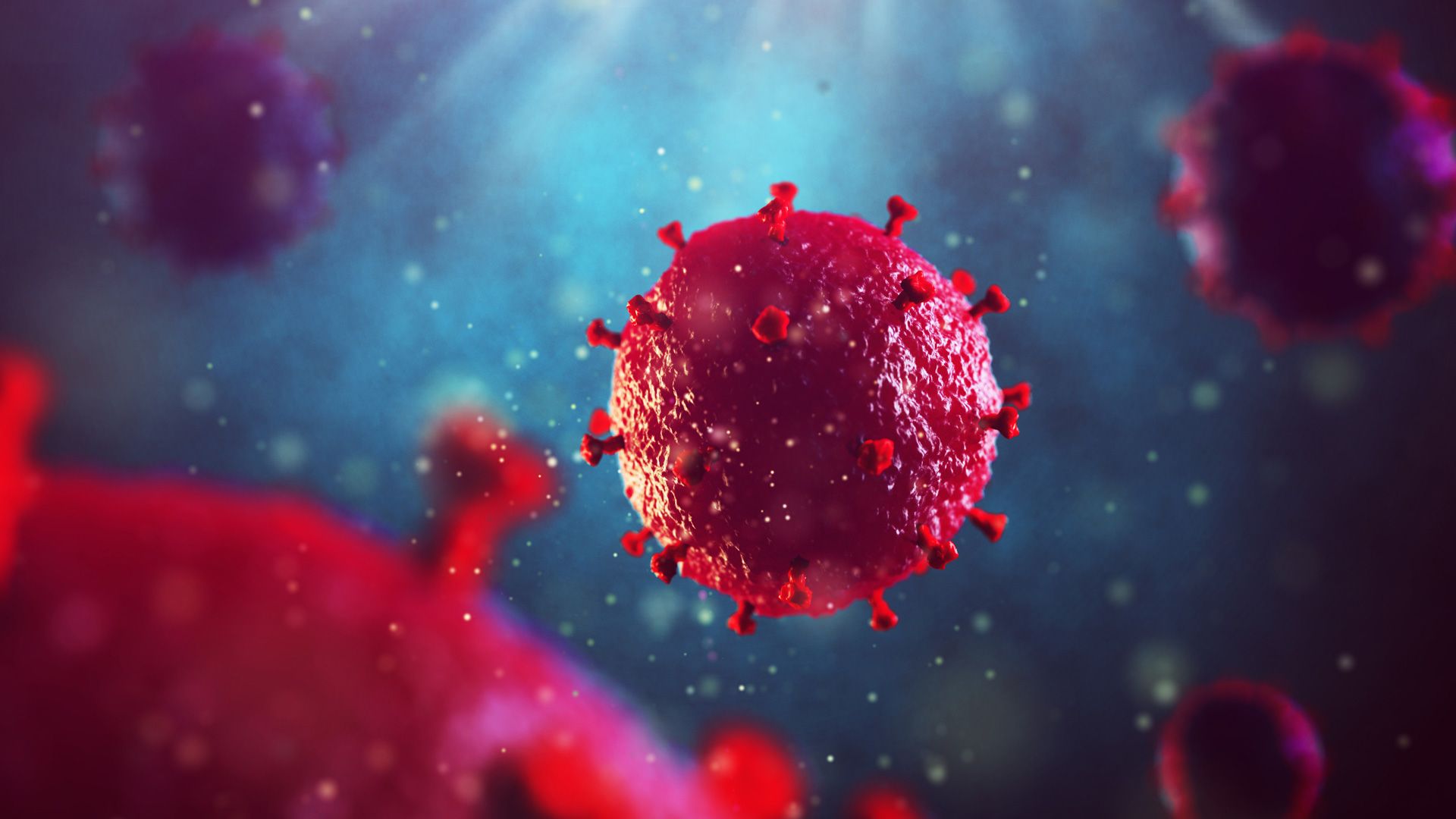Global HIV infections have dropped significantly, but new cases and deaths remain a serious concern.
HIV/AIDS
OverviewOverview
Human immunodeficiency virus (HIV) is a virus that attacks the immune system, which is responsible for fighting off infections and diseases. If left untreated, HIV can lead to the acquired immunodeficiency syndrome (AIDS), which is the final and most severe phase of HIV infection. Unlike some other viruses, the human body cannot get rid of HIV completely, so once someone has HIV, they have it for life. However, antiviral medications can keep the disease from progressing.
HIV is a sexually transmitted infection that can be spread through contact with certain bodily fluids such as blood, semen, vaginal fluids, rectal fluids, and breast milk. It primarily spreads through unprotected sexual contact, sharing needles, or from mother to child during birth or breastfeeding.

